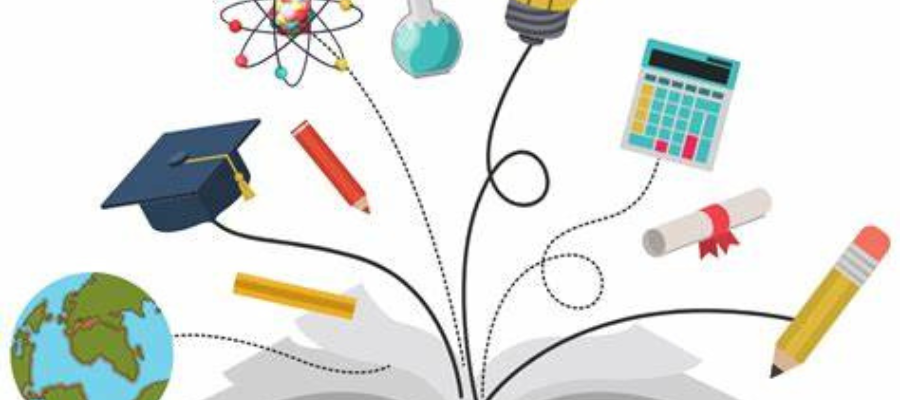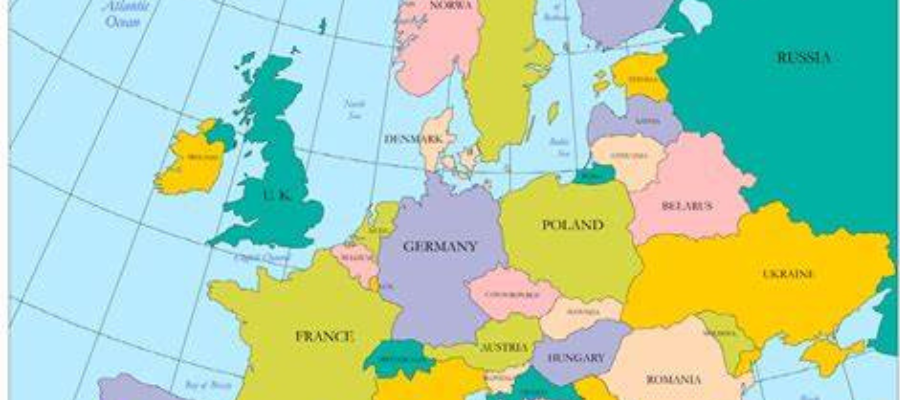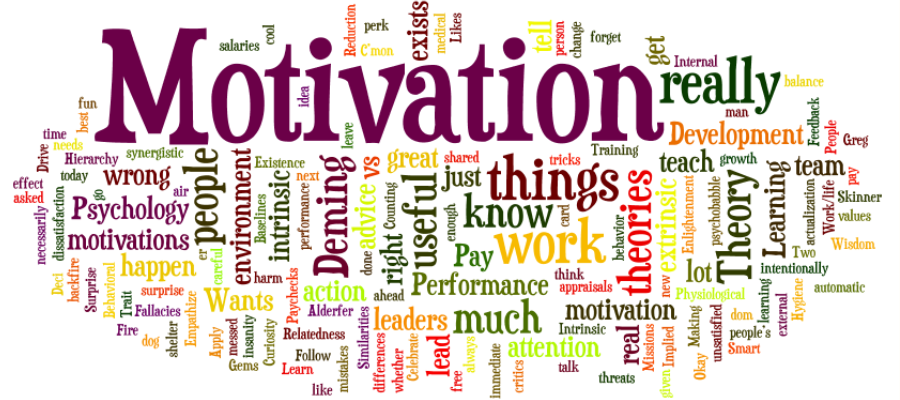Preparing for Your First Academic Conference: A Complete Guide


Presenting at your first academic conference can be a thrilling experience yet also intimidating. It’s a great chance to showcase your research, learn from accomplished practitioners, and expand your professional contacts. Whatever your level of study, getting ready carefully will make the experience valuable and worthwhile. This manual takes you through it all — from finding the proper conference to getting the most out of your time there.
1. Selecting the Right Conference
One should select a conference that suits one’s academic interest and objectives before an arrangement is made. Hundreds of conferences take place every year across disciplines, from small local conferences to large global conferences.
Begin by getting information from your professors, mentors, or academic advisors. You may also check university notice boards, professional association websites, or academic sites such as Conference Alerts or ResearchGate.
In selecting, look at:
- Appropriateness to your area of research
- Size and scale of the event
- Reputation of the organizing committee
- Potential for networking, workshop, and presentation
- Travel feasibility and destination
Your first conference doesn’t have to be the largest or highest ranked — it just has to be something that is a good fit for what you’re doing in your graduate career.
2. Preparing Your Abstract and Presentation
Most scholarly conferences ask you to provide an abstract of your research if you want to present. This concise description (typically 150–300 words) identifies your research question, methodology, findings (if available), and implications. A well-written abstract is important since it will decide if your research gets accepted or not.
Sound abstract tips:
- Be direct and concise — avoid jargon only when absolutely essential.
- Identify what makes your research special.
- Follow the conference format guidelines.
After it’s accepted, it’s time to prepare your presentation, a poster, oral talk, or panel discussion, depending on format. Whatever the format, clarity is paramount. Your aim is to convey your research in a manner that’s intelligible and interesting, even to non-specialists.
Key preparation steps:
- Make visuals that augment (not overwhelm) your message.
- Practice your presentation a number of times — in front of colleagues, managers, or even the mirror.
- Anticipate possible questions and have some thoroughly thought-out answers ready.
Remember, dazzling is merely half the story — conveying knowledge and stimulating discussion is the ultimate goal.
3. Planning Logistics and Travel
Academic conferences tend to occur in various cities or even countries, so there is a need for good planning. After registering and your abstract has been accepted, begin sorting out your travel arrangements.
Things to arrange beforehand:
- Flight or train reservation: Attempt to locate student discounts or early bird promotions.
- Hotel accommodation: There are occasions where conferences offer hotel blocks at lower rates.
- Travel documents: Make sure your visa (if necessary) and passport are ready.
- Funding: Investigate possible funding through your university, department, or outside scholarships.
Don’t forget to look into whether you’ll be requiring travel insurance, and be sure to bring the essentials such as chargers, notebooks, USB drives, business cards, and some copies of your paper or poster — just in case.
4. Refining Your Professional Image
Your initial conference is an opportunity to establish your academic identity. What this requires is being thoughtful about how you’re representing yourself and your work.
Keep your academic profiles (LinkedIn, ORCID, Google Scholar, etc.) current with your latest research and interests. Create a brief elevator pitch — a 30-second overview of your research — that you can use in conversation.
Dress code: Conferences are different, but a decent rule of thumb is to dress business casual unless instructed otherwise. To present, dress professionally but casually. Dressing for the occasion makes you more confident and gives you a good impression.
Lastly, have business cards or electronic contact information to exchange with new contacts. Small things like these make you memorable and noticeable.
5. Making the Most of the Experience
Once you’re at the conference, try to engage fully with the experience — beyond just your own presentation.
Here’s how to get the most out of your time:
- Attend keynotes and sessions in and beyond your area of interest.
- Take notes on talks, ideas, and potential collaborations.
- Introduce yourself to presenters, professors, and fellow students.
- Join social events, panel discussions, or networking dinners.
You don’t know which conversation may lead to your next research idea, collaboration, or even potential mentor.
All that being said, don’t burn out. Conferences are exhausting, especially multi-day conferences. Take a break, rehydrate, and give yourself some space to soak in and think.
6. Q&A Sessions Mastery
Your talk’s Q&A session may be the most daunting aspect but it is also where feedback happens.
Advice on handling Q&A sessions:
- Listen intently to the question prior to answering.
- Ask for clarification in case you missed the question.
- Reply with “I don’t know” if you don’t know the answer — promise to study it later.
- Thank the person graciously for the feedback, even if it is negative.
Keep calm and cool. Keep in mind that this is in the process of learning. The majority of participants actually want to participate rather than judge.
If a person says something especially insightful or a good idea, take the opportunity to talk with them afterwards and follow up. Such interactions can be worth more in terms of education relationships than lecturing someone.
7. Follow-Up After the Conference
After the conference, your job is not yet over. It’s necessary to take some time to reflect, get it all sorted out, and follow up.
Here’s what to do after the conference
- Review your notes and make a list of key takeaways.
- Catch up with individuals you met — a thank-you message or LinkedIn invitation within a couple of days can work wonders.
- Work feedback into your presentation or research.
- Write about your experience — blog post, social media post, or brief report for your department.
- Add your presentation to your CV.
If you received positive feedback or suggestions for improvement, use that to guide your progress for your next academic undertaking.
Paying your first visit to an academic conference is a big achievement. It’s not just a presentation — it’s a foray into the wider academic world. With solid preparation, an open mind, and a learning attitude, you’ll leave with fresh insights, improved skills, and valuable connections.
So go ahead — submit that abstract, get your bag ready, and join the world of academic discovery. The world is waiting!
Call on Aara Consultancy to lead the way!
We provide 360° Solution for your Education Needs. Contact us






